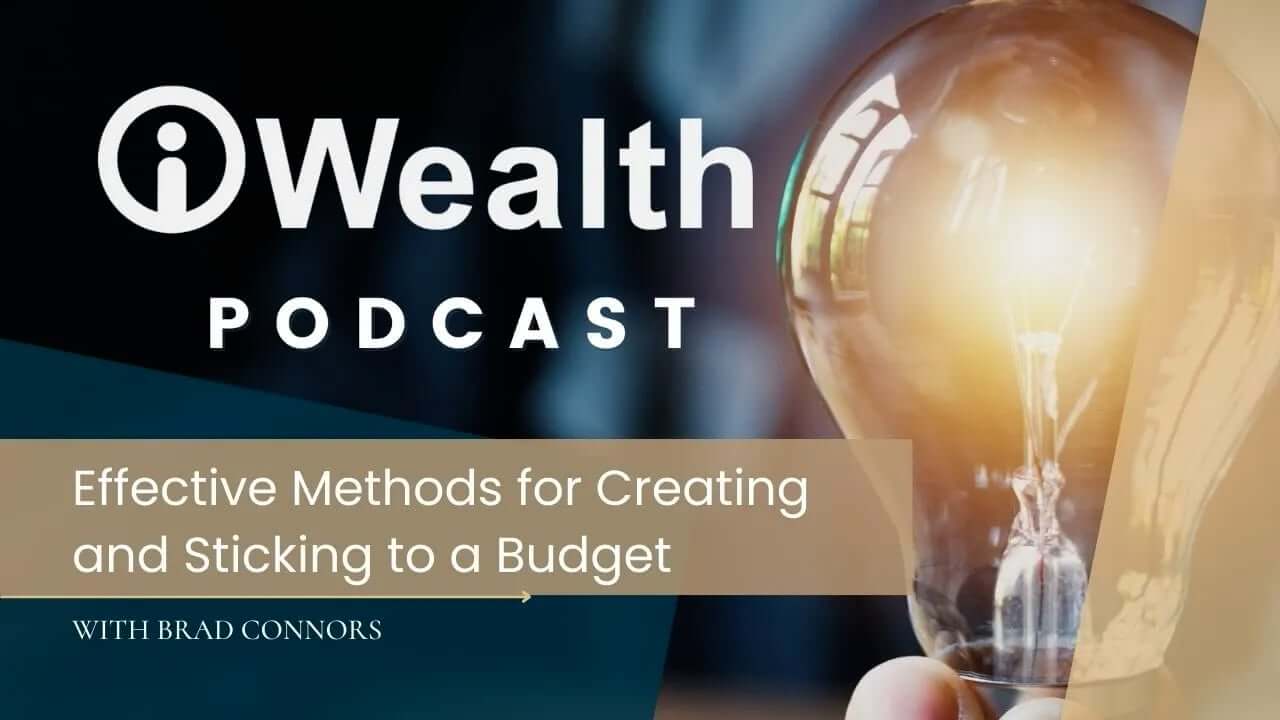Navigating Financial Changes as an Empty Nester
As children grow up and leave home, parents inevitably face the reality of an empty nest. This period of change, while often marked with mixed emotions, presents an opportunity for self-reflection, lifestyle modification, and crucially, a shift in financial planning. Navigating the empty nest phase confidently with strategic financial planning can feel daunting and rewarding at the same time.
In this video, Brad dives into how parents can navigate this transformative phase, embracing the newfound space not only in your home but also in your finances. He explores how to discover the balance between enjoying the present and preparing for the future. The video discusses how to reevaluate your spending habits, bolster your retirement savings, and redefine what financial freedom means to you.
Embracing the Empty Nest
For many parents, the prospect of an empty nest can be both thrilling and daunting. Dreams and desires which were put on the backburner for years while chasing the kids around doing what they love to do can now be a priority again. Do you want to travel more to escape the Minnesota winters? Do you wish to spend more time with your grandchildren and less time working?
Although it may feel like the end of an era, it’s also the beginning of a new chapter. This transition often brings up questions about lifestyle changes, shifts in relationships, and significantly, adjustments to financial planning.
What does this shift imply for your dinner table conversations, your daily routines, and, most importantly, your wallet? Let’s take a closer look.
Financial Considerations for Empty Nesters
As the financial needs and commitments towards your children reduce, it becomes crucial to refocus on your financial planning, especially cash flow. Parents in their 40s to 50s are often only 15-20 years away from retirement, so it’s vital to take this phase seriously.
It’s essential to reassess your expenses and evaluate your current financial standing. Start by considering your social security, potential pensions, 401K plans, and other investments. Estimate how much money you’ll need to maintain your desired lifestyle in retirement.
Though budgeting can seem daunting, it’s an invaluable tool to understand what your post-retirement life could look like financially. Let’s not forget – the goal isn’t necessarily to be rich, but that you don’t run out of money. Additionally, many parents want to include a financial gift in the legacy they leave their loved ones at the end of their lives.
The Money Talk: Insurance or Freedom?
As couples approach the retirement phase, they often gain clarity about what money means to them – does it signify insurance or freedom?
It’s crucial to recognize and acknowledge each partner’s perspective. If one sees money as a means of insurance, they want to feel confident about not running out of money. If the other views it as a ticket to freedom, ensure there’s a designated portion of funds for fulfilling desires, be it traveling, spoiling the grandkids, or embarking on new hobbies.
In Brad’s case, he sees money as an insurance blanket first. However, as we’ve grown our business and found a level of financial comfort, he has started viewing it as a tool for freedom. For many, it’s a balance of both.
Conclusion
Becoming an empty nester is a significant life transition, especially from a financial standpoint. But with the right planning and a clear understanding of your financial goals and what money means to you, you can navigate this stage confidently. If you would like to discuss specific financial strategies that are customized for your needs, one of our iWealth Advisors would love to sit down with you.
Explore More
Effective Methods to Creating and Sticking to a Budget
Holistic Financial Planning Budgeting
Q1 2024 Stock Market Update
Investment Strategy Quarterly Market Update
The iWealth Foundation and Its Impact
iWealth News iWealth Foundation






